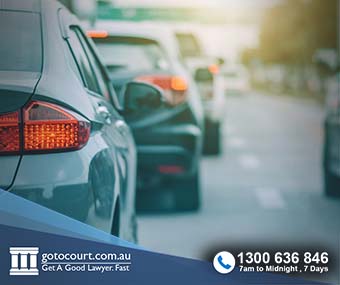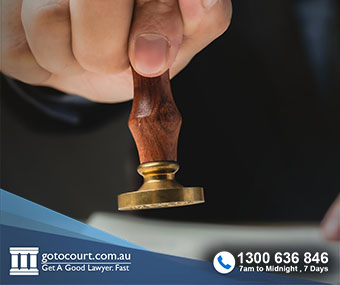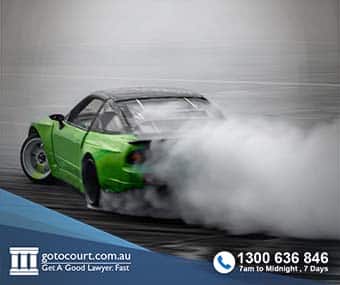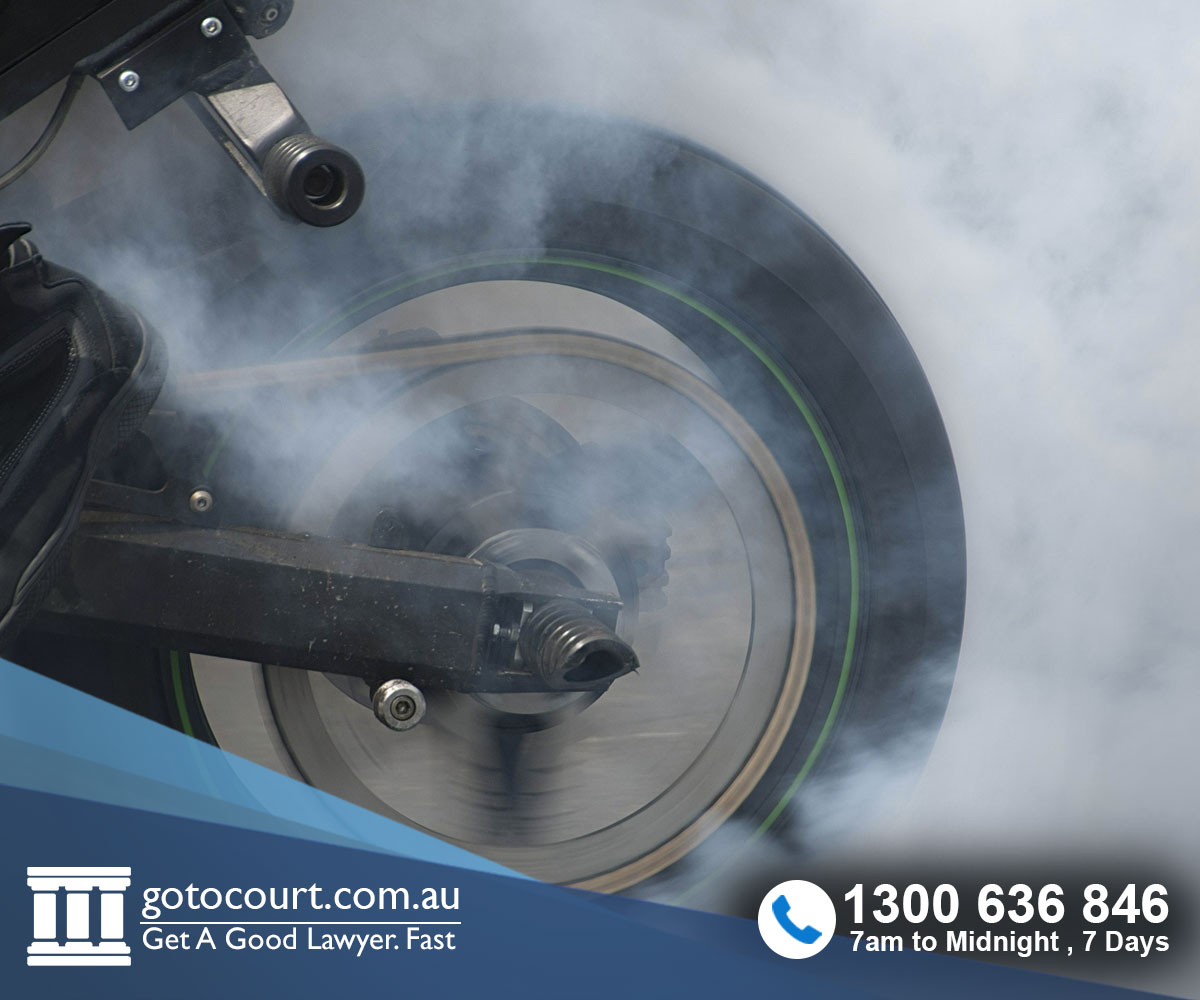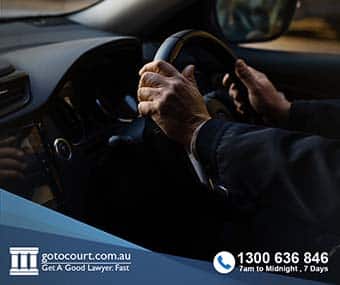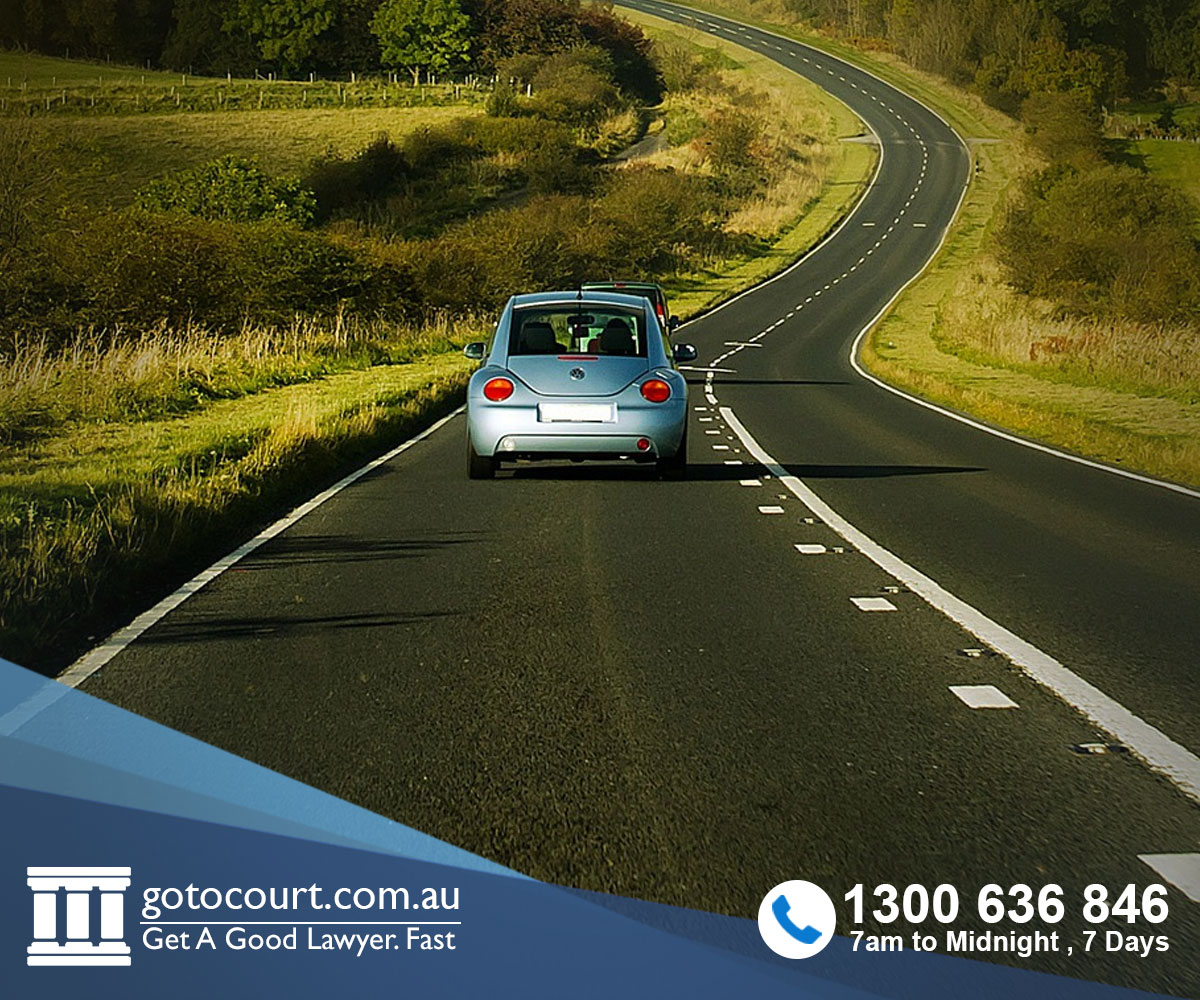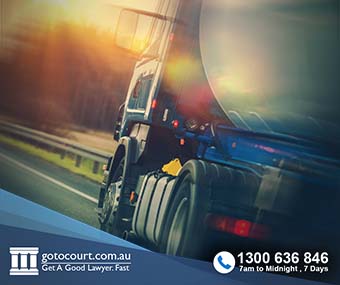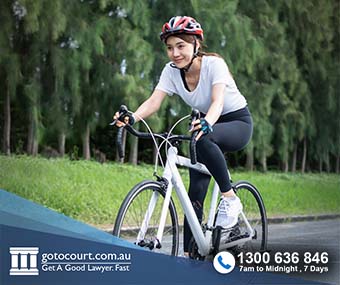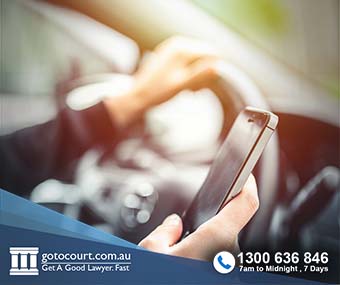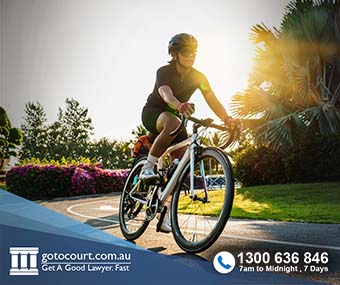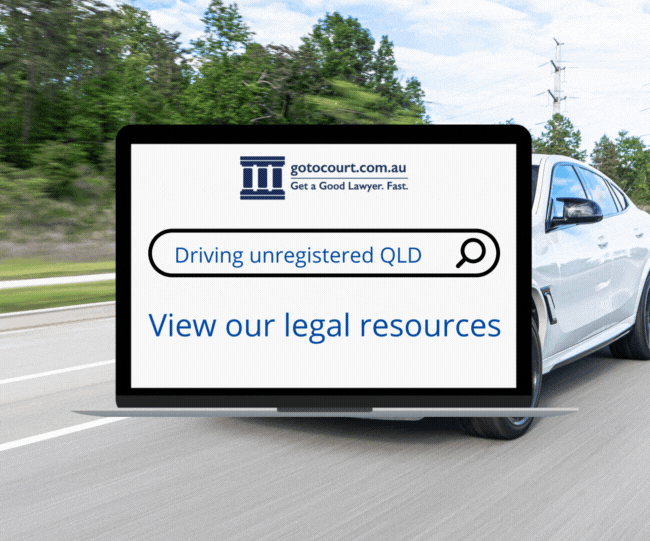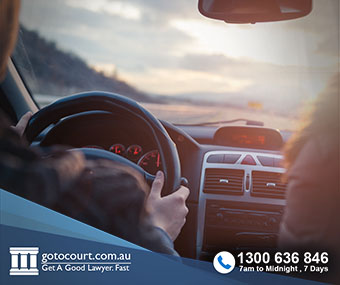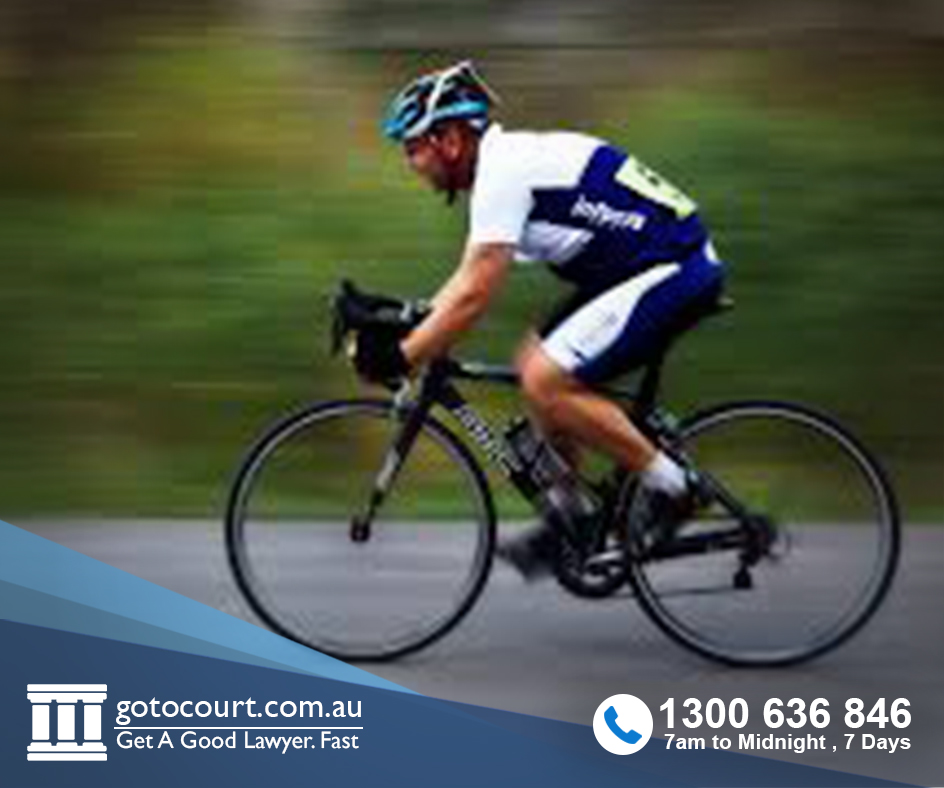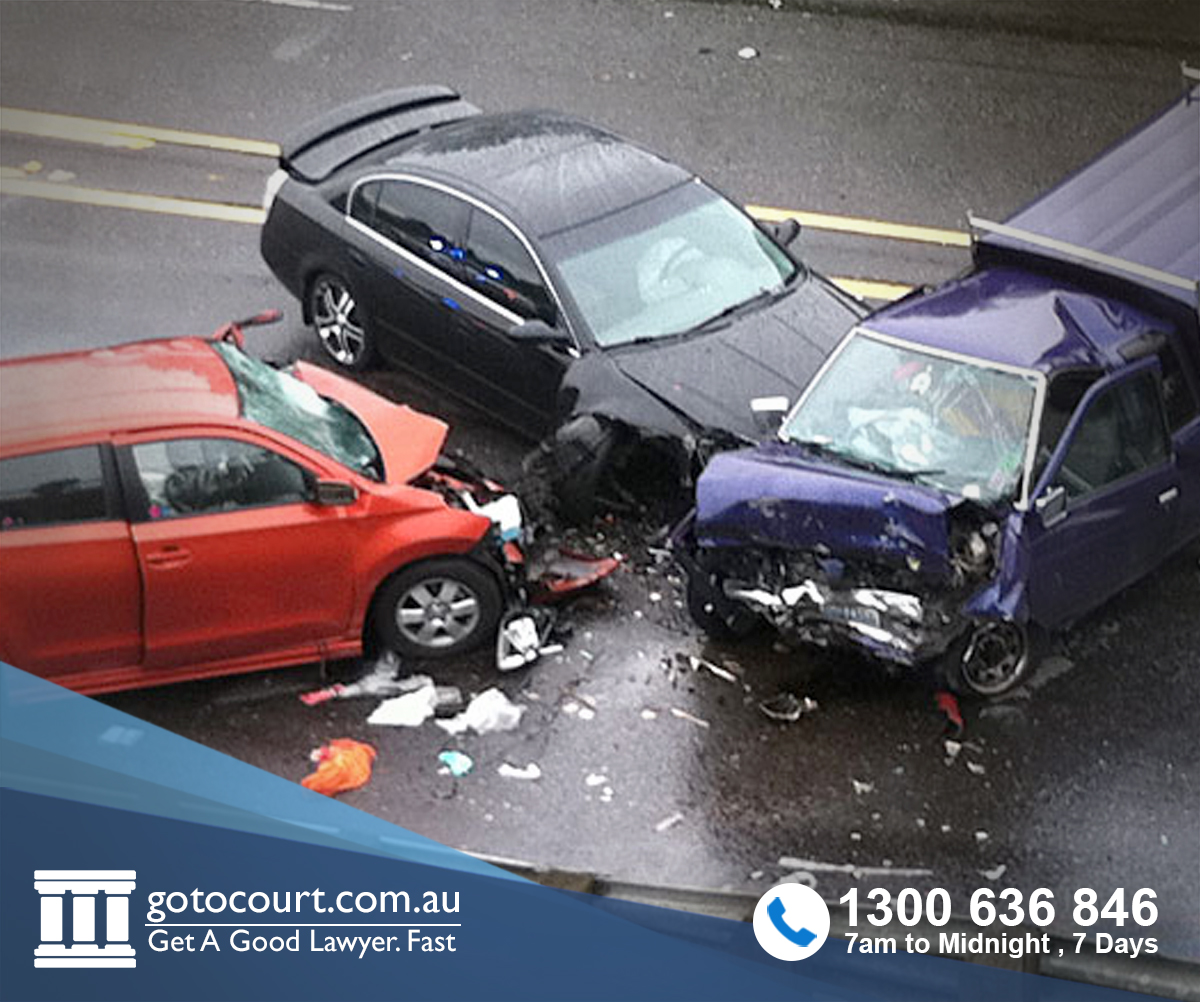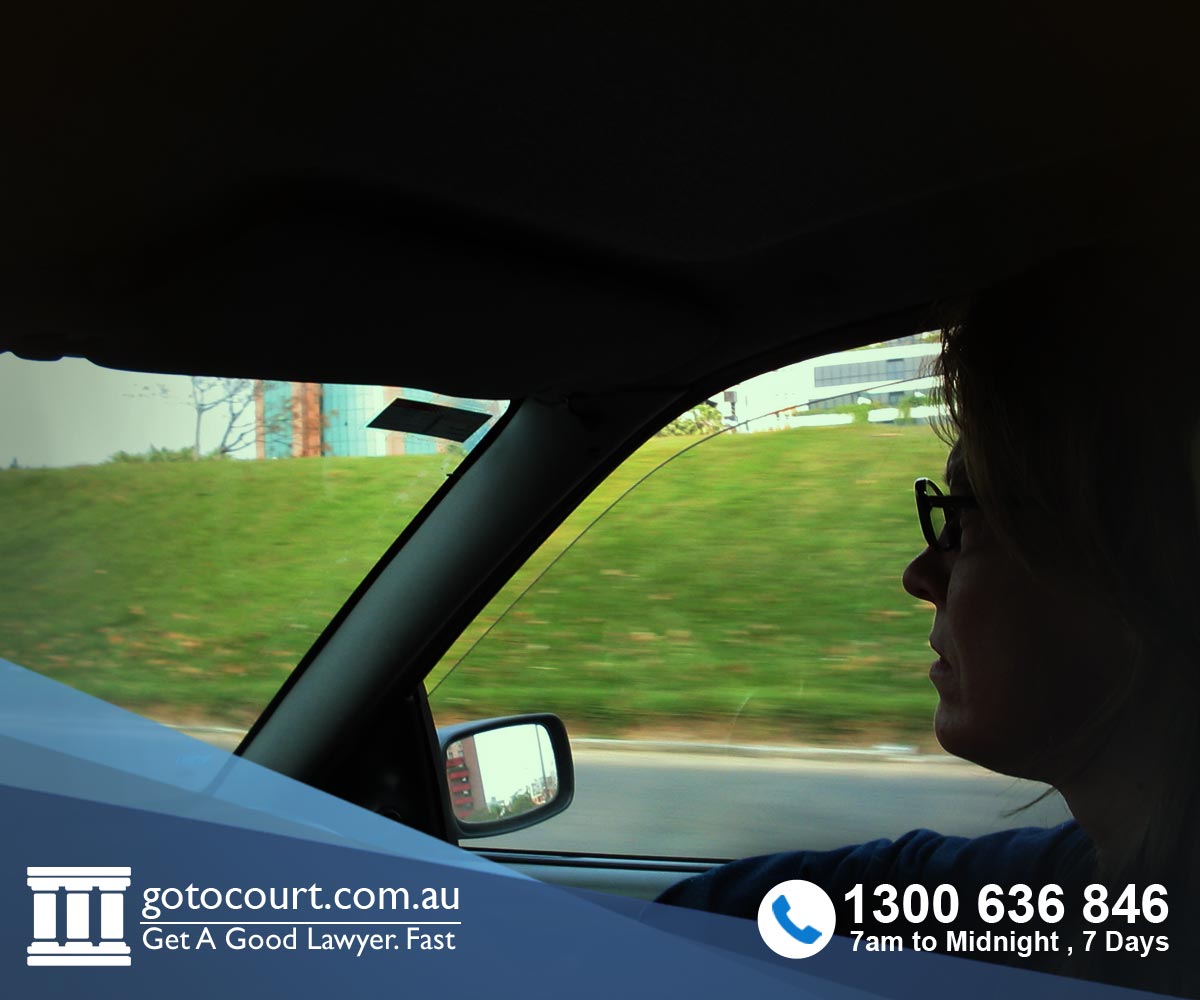Call our lawyers
now
or,
have our lawyers
call you
Hoon Laws in Western Australia
Updated on Dec 05, 2022 • 4 min read • 623 views • Copy Link
Hoon Laws in Western Australia
In Western Australia, the Road Traffic Act 1974 was amended by the Road Traffic Amendment (Hoons) Bill 2009 because of community concerns over organised street drag racing and reckless driving, commonly known as Hoon driving.
What are Hoon offences?
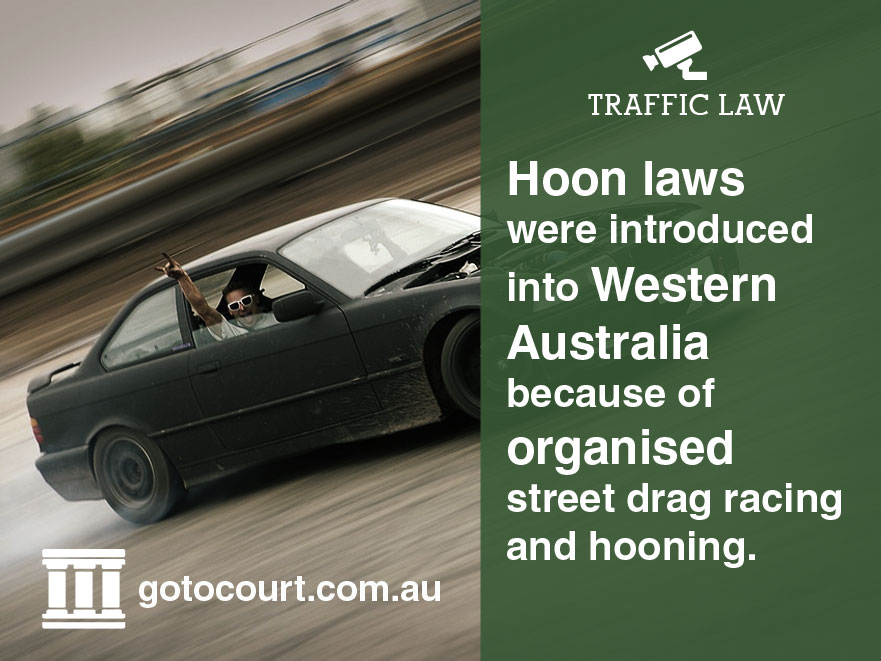
There are two hoon offences under the Road Traffic Act WA
The first is Reckless Driving under section 60 of the Act, which is where a driver drives at very high speed or in a manner that is considered highly dangerous or antisocial. It includes:
- driving in excess of 45 km/h over the speed limit
- travelling at over 155 km/h, and/or
- being part of a race or speed trial on a public road or in a public space.
The second offence is causing excessive noise or smoke from tyres, under section 62A of the Act. This is known as doing burnouts.
Reckless Driving
For a first offence, the maximum fine is $6,000 and a disqualification from driving of at least 6 months. The Court may also send the offender to jail for up to 9 months.
For a second offence, there is a maximum fine of $9,000 or a jail sentence of 9 months and a disqualification from driving for a minimum of 12 months.
For a third or subsequent offence, there is a maximum fine of $12,000 or a jail sentence of 12 months and disqualification from driving for life.
If the offence is committed while driving to escape from a police pursuit the offence is a crime with a penalty of imprisonment for 5 years, or 2 years if dealt with summarily. The minimum jail term is 6 months and it cannot be suspended. Also, for either a first or second offence the offender is disqualified from driving for a minimum 2 years. For a third or subsequent offence the offender is disqualified for life from holding or obtaining a driver’s licence.
Burnouts
The penalty for this offence is a maximum fine of $600 and 3 demerit points.
If the driver holds a provisional licence, that licence will be cancelled for 3 months. However, if the driver charged is a child and appears in the Children’s Court for this offence, they may be referred to the Juvenile Justice Team.
Impounding vehicles
If the police believe that a driver has committed one of these offences, they may immediately, or within 28 days, impound the vehicle the person was driving. If it is not impounded straight away, then the police can serve a surrender notice telling the owner to surrender the vehicle within 7 days.
The police must impound the vehicle for 28 days if it is a first offence. If the driver has been convicted of a previous offence, or is waiting to have one dealt with, the police must impound the vehicle for 3 months.
If the charge is dismissed, then the vehicle is impounded for 28 days. If the 28 days has already passed, then the impounding period ends as soon as the charge is dismissed.
Impounding fees
The driver of a vehicle that is impounded is responsible for paying all the costs of the impounding, including administrative fees, towing and storage fees. If the costs are not paid, then the police may refuse to release the vehicle. However, the Commissioner of Police may authorise the release of the vehicle without payment of the fees if considered appropriate.
If the owner of the vehicle was not the offending driver, the owner can pay to collect the vehicle and may later sue the driver for the costs through civil proceedings.
Release of impounded vehicles
A vehicle will be released early if the charge that led to the impounding has been dismissed.
Other circumstances where a vehicle can be released early include where the vehicle used was either:
- stolen
- being test-driven
- a hire vehicle, or
- a Courtesy vehicle.
When a vehicle is released for one of these reasons, the police can order that a different vehicle is impounded in its place, by issuing a surrender substitute vehicle notice.
Confiscating vehicles
The Court may order that a vehicle be confiscated. Confiscation means the vehicle becomes the property of the State and will not be returned to the owner. It can then be sold or otherwise disposed of.
The convicted offender is liable for all of the costs of the vehicle’s impound and disposal. If it is sold for an amount that does not cover the costs, the driver will be sent a bill for the outstanding amount.
If a Court convicts a driver of an impounding offence and there have been two convictions for offences in the same category within the 5 years before this offence, the Court must confiscate the vehicle that was used in the offence.



Affordable Lawyers
Our Go To Court Lawyers will assist you in all areas of law. We specialise in providing legal advice urgently – at the time when you need it most. If you need a lawyer right now, today, we can help you – no matter where you are in Australia.How It Works








1. You speak directly to a lawyer
When you call the Go To Court Legal Hotline, you will be connected directly to a lawyer, every time.


2. Get your legal situation assessed
We determine the best way forward in your legal matter, free of charge. If you want to go ahead and book a face-to-face appointment, we will connect you with a specialist in your local area.


3. We arrange everything as needed
If you want to go ahead and book a fact-to-face appointment, we will connect you with a specialist in your local area no matter where you are and even at very short notice.



